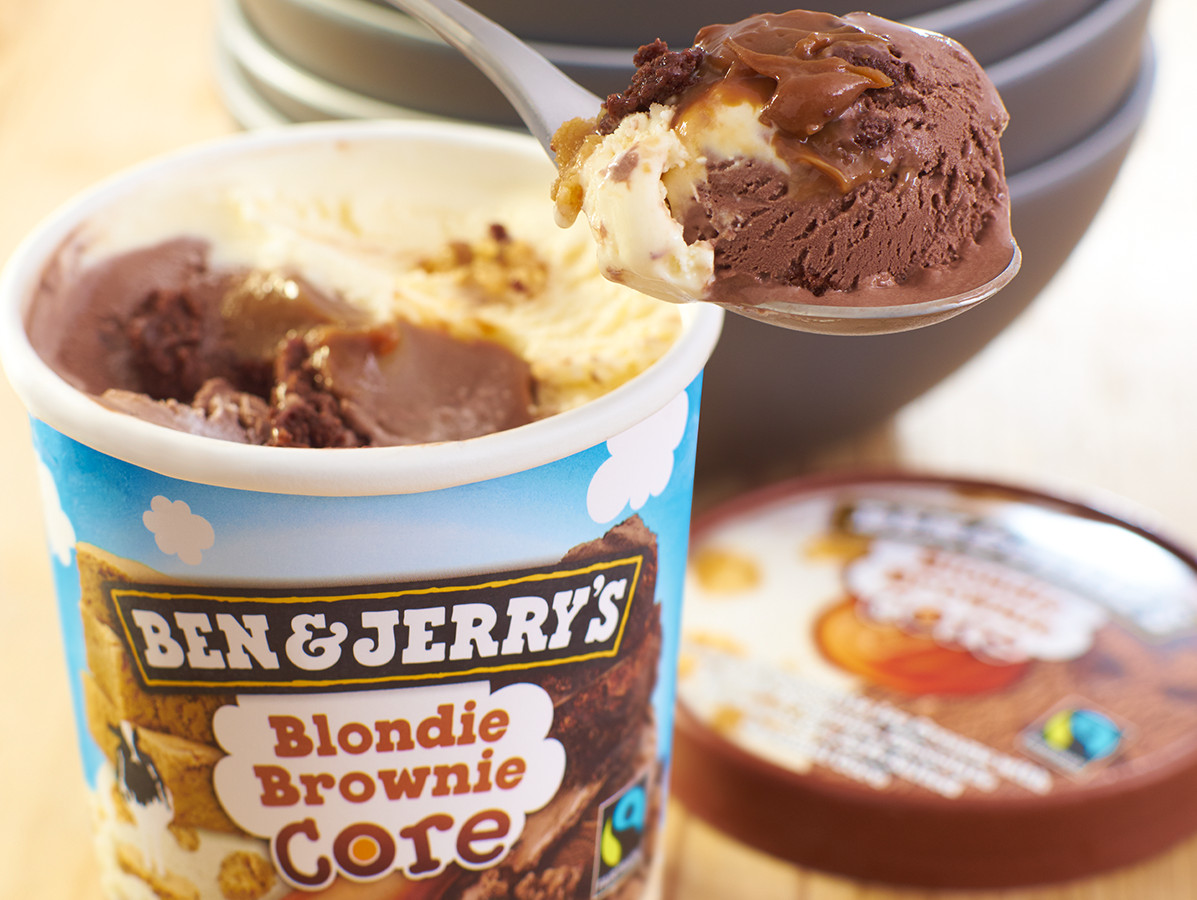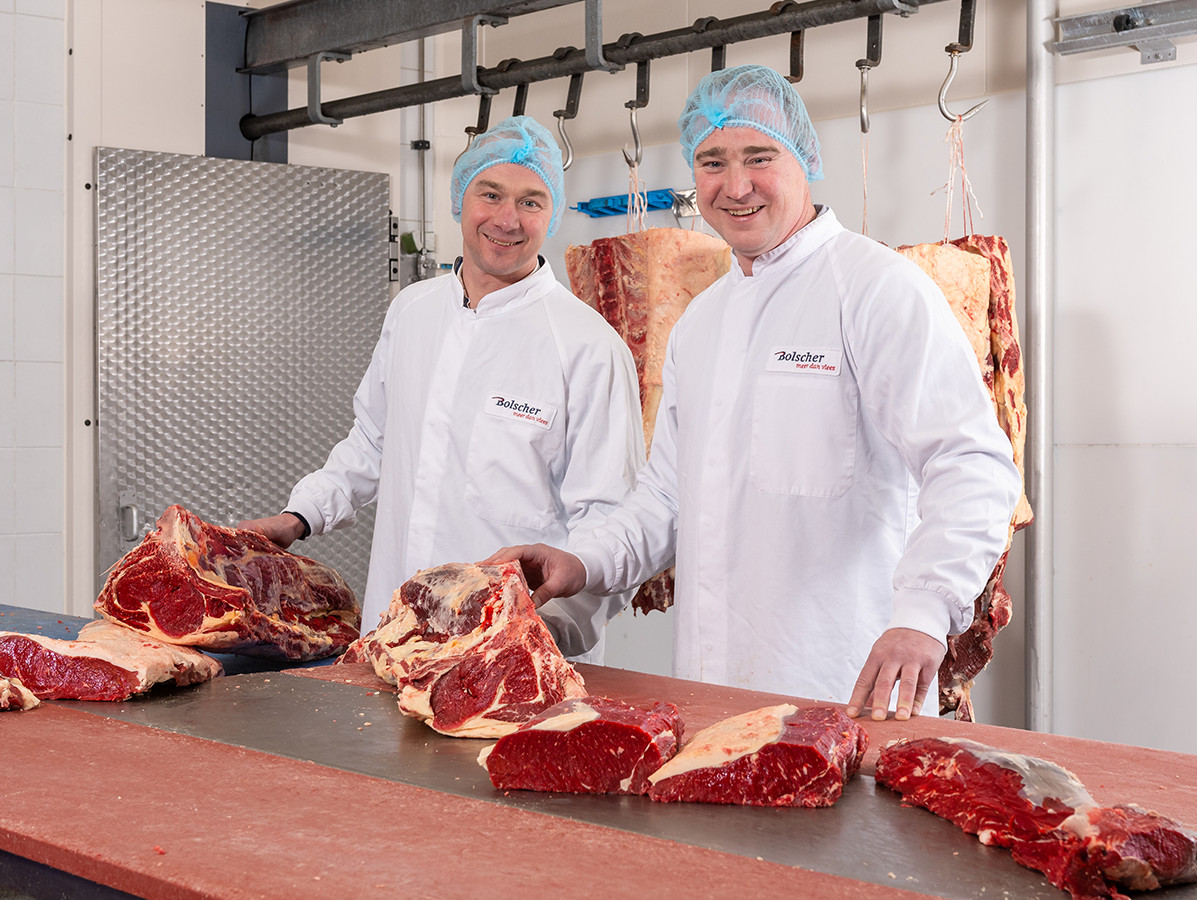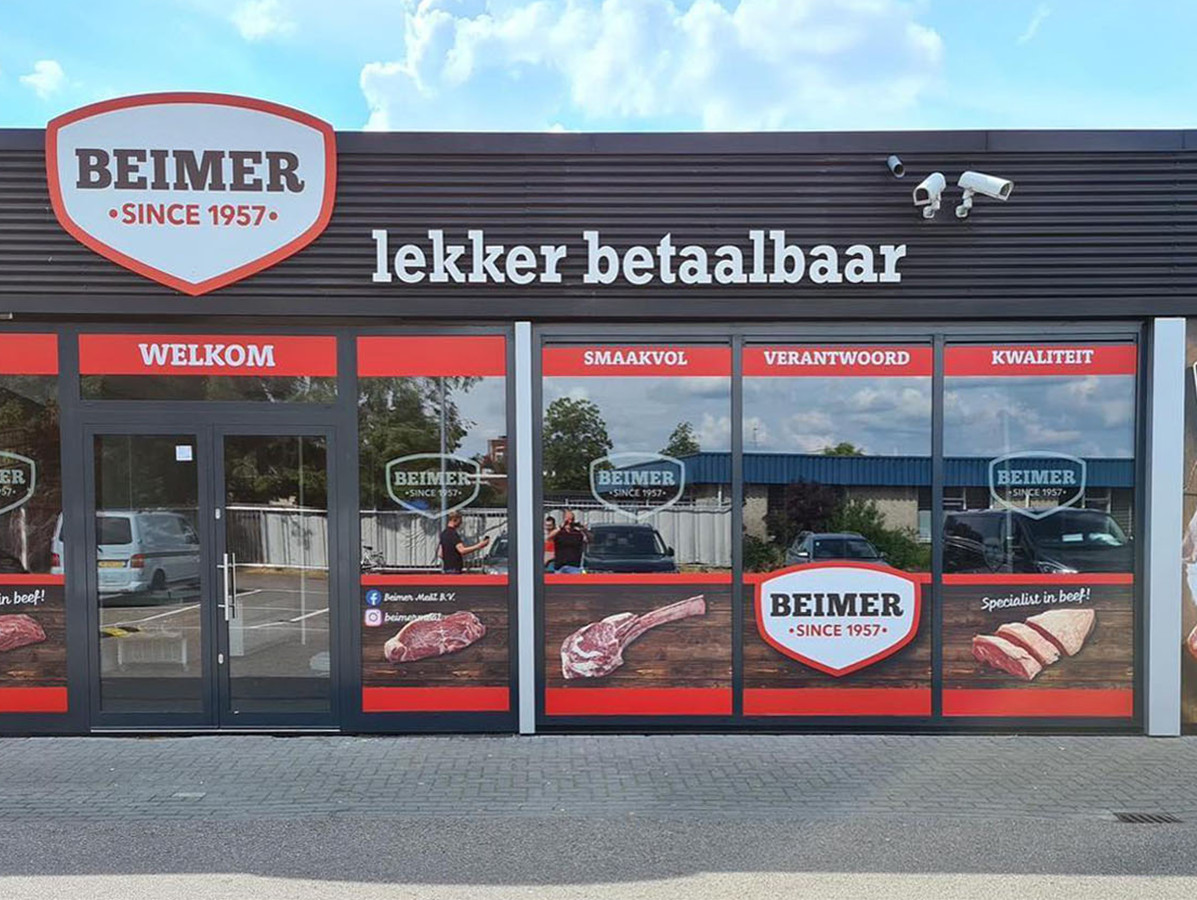
The corona measures brought restaurants, cafes and catering to a standstill with a shock. Part of the sector is back to work. Little attention was paid to the manufacturers faced with the loss of demand in the foodservice sector. Was a Plan B possible for them? Would they be able to hold their own?
According to the Food Service Institute Netherlands (FSIN), the loss to foodservice in 2020 will amount to more than €7 billion. What measures did manufacturers take in the foodservice sector to limit their losses?

The Dutch Food Industry Federation (FNLI) called for crisis consultations in the food service chain in April, but no response was forthcoming. Manufacturers were individually looking for solutions. According to the FNLI, responding to the greater demand in the retail channel is mainly an opportunity for those who already serve both channels. Unilever sold 30% less out-of-home ice cream, but demand for home ice cream grew by 26% in the second quarter. Specialist foodservice manufacturers are finding little or no substitute sales.

© Mark Koeleman/JTD Productions
Roy Bolscher runs, together with his brother Chiel, 'Bolscher more than meat', an innovative meat company in Enschede. They supply to the (regional) hospitality industry. We have immediately reduced the number of people working for us by 30%. The development of our hybrid products - from vegetable and animal raw materials - is on a low level. The plans for the construction of new business premises, just before the crisis, are continuing. Since the hospitality industry has reopened, we have returned a large part of our turnover. I expect us to be at 80% by the end of the year". Has he tried to sell his products through retail? "Our quality is too high for supermarket sales. You have to make too many concessions on quality and price. We do sell more through our webshop, that runs like clockwork."

Another on-trade supplier, meat processor Beimer Meat, which also happens to be based in Enschede, went a step further in the retail market and opened a stone shop after a drive-through had to be closed due to too great a success.
French fries supplier Aviko has been severely affected by the measures taken against the corona crisis in Europe. They have found a solution in stockpiling. Spokeswoman Birgit Kamp: "Aviko was able to continue to produce and use the capacity in our cold stores to store French fries, including in the new cold store in Steenderen. The alternative processing of a surplus of potato products - into animal feed and cleaning alcohol - was prepared but was not yet necessary". Aviko is now seeing a slow recovery in sales.
The profits of milk processor and dairy cooperative Friesland Campina were squeezed in the first half of the year by the global corona crisis. We immediately ensured that the production sites could continue to operate," says Jan Willem ter Avest. That continuity is essential, because every day the cows of the members supply milk, even during a pandemic. The disappearance of the foodservice market was offset to a small extent by increased demand in the supermarket: "As more people work from home, there will be more demand for cheese and milk in the store. Our own brands grew strongly, providing some compensation, but we also had to process and sell more of the milk as commodities such as milk powder. They yield much less.
Source: Vakblad Voedingsindustrie 2020